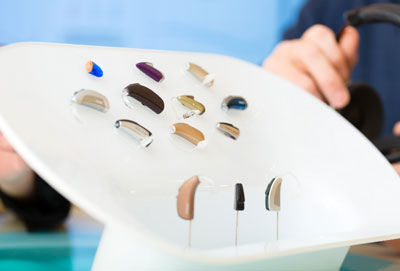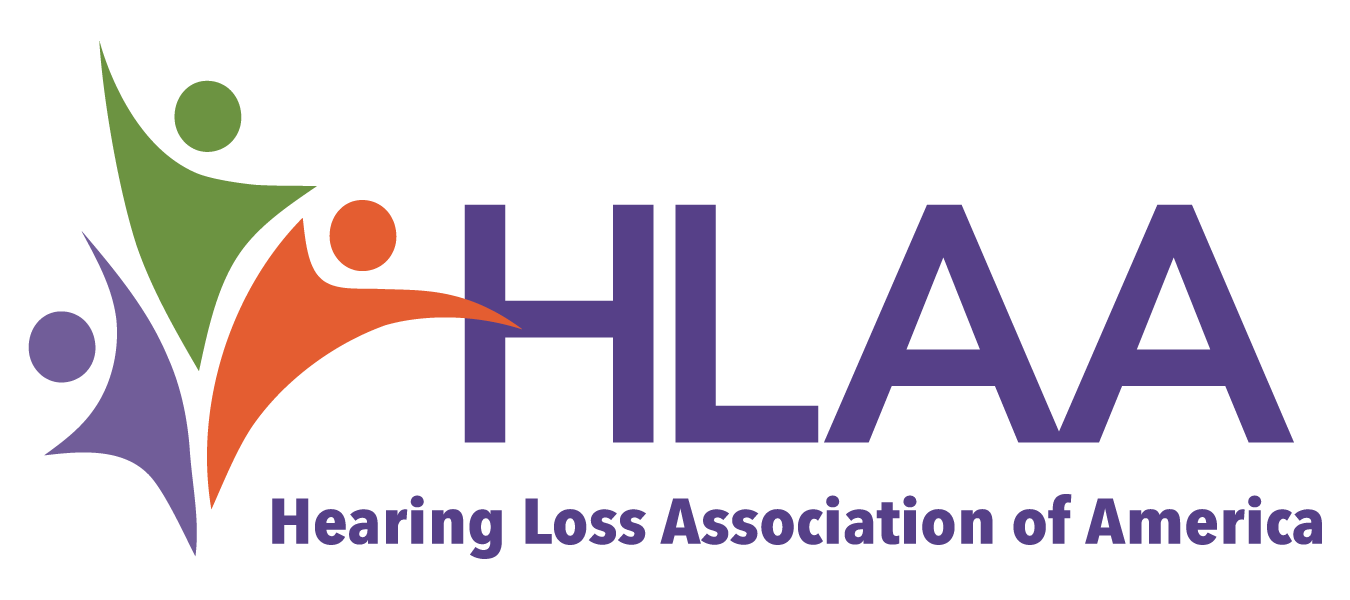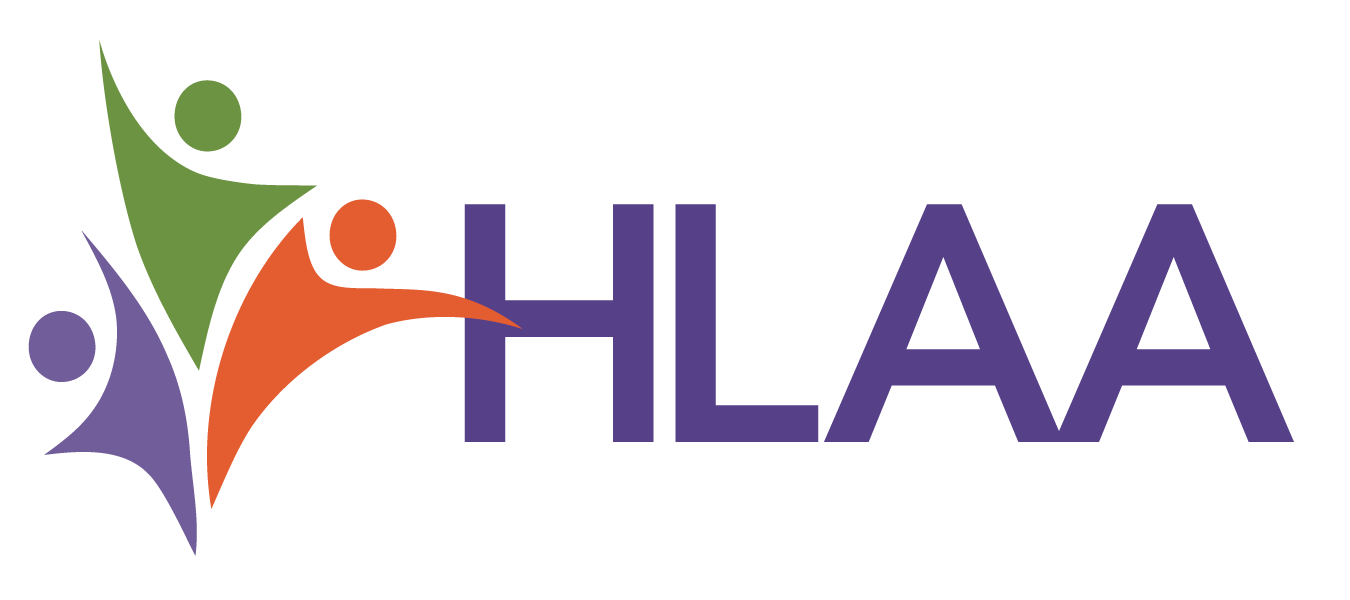
Over-the-Counter (OTC) hearing aids have been available directly to consumers without a prescription since October 2022. They are designed for adults with perceived mild-to-moderate hearing loss. This page provides a selection of resources to help provide clarity and understanding for anyone with questions about this still-new product category.
HLAA is also presenting a series of four webinars on this topic, underwritten by a grant from the Consumer Technology Association Foundation. The first two events in our OTC 101: Ask the Experts Webinar Series were presented on November 1, 2023 and February 20, 2024, featuring professionals from the U.S. Food and Drug Administration (FDA), AARP and the National Institute on Deafness and Other Communication Disorders (NIDCD), National Institutes of Health (NIH), answering questions about OTC hearing aids. Stay tuned for Webinars #3 and #4, coming this spring!
Watch OTC 101: Ask the Experts Webinar #2
AARP/NIDCD Panel, February 20, 2024
view the recording
Watch OTC 101: Ask the Experts Webinar #1
FDA Panel, November 1, 2023
view the recording
What’s Your Hearing Health Experience?
TAKE OUR OTC SURVEY
Could OTC Hearing Aids Help You?
Check our Tip Sheet First
Purchasing an OTC Hearing Aid?
Use HLAA’s Shopping Checklist
OTC Guidance from the FDA
FDA OTC Hearing Aid guide
HLAA advocated for the U.S. Food and Drug Administration (FDA) OTC rule to include consumer protections, including:
- Clearly-stated return policy
- Clear package labeling on cellphone connectivity
Additional OTC Hearing Aid Resources
Hearing Evaluations
- National Hearing Test
- Online Hearing Tests Guide – National Council on Aging
- Johns Hopkins: Your Hearing Number
Third-Party OTC Hearing Aid Reviews
- Hearing Tracker 2024 OTC Best Hearing Aids
- HearAdvisor 2023 OTC Hearing Aid Winners
- New York Times 2023 OTC Hearing Aid reviews
Hearing Loss Resources
- NIDCD Online Guide to Adult Hearing Loss
- AARP Hearing Center
- AARP “Hearing Loss for Dummies” Book (for purchase)
These resources are presented for information only and do not imply endorsement of any product by Hearing Loss Association of America.
OTC Hearing Aid Media Coverage
HLAA One-Year OTC Anniversary Press Release (October 12, 2023)
HLAA Press Release on FDA OTC Ruling (August 16, 2022)
New York Times on OTC One-Year Anniversary
Forbes OTC Hearing Aids 12-Month Takeaways
What is an Over-the-Counter Hearing Aid?
Over-the-counter (OTC) hearing aids are a new class of products are now available directly to consumers, without a prescription. The FDA released its final rule for the sale of these hearing aids, offering more options to consumers, at potentially lower prices.
OTC hearing aids are designed only for adults with mild to moderate hearing loss, and are expected to be available in retail stores and online in the coming months.
What are PSAPs?
PSAPs (Personal Sound Amplification Products) are amplification devices available now that are intended only for those with normal hearing. The Food and Drug Administration (FDA) prohibits PSAPs from being marketed as hearing aids to people with hearing loss. PSAPS can be marketed to hunters who want to hear prey, or to someone wanting to overhear a conversation. PSAPs should not be confused with OTC devices.
What about Audiologists and Hearing Instrument Specialists?
HLAA recognizes there’s no one-size-fits-all treatment for hearing loss, and for many, seeing a trusted hearing health care professional is an important step. People with severe to profound hearing loss will still need the help of audiologists or hearing instrument specialists to ensure their devices work and fit properly.
For people with milder hearing loss, who may be unlikely to see a hearing health care professional, OTC devices could prompt them to get treatment sooner. HLAA hopes this additional class of devices inspires people who may be ignoring their hearing loss, to take the first step to get help.
Even someone using an OTC hearing aid may eventually end up in the care of an audiologist as their condition progresses, or if they need testing, advice or fitting of products, as service models evolve.
There’s More to Hearing Loss Than Getting a Hearing Aid or Cochlear Implant
Devices are just one piece of the puzzle! Hearing loss is a growing public health crisis that deserves our attention. HLAA advocates for prevention, screening and treatment options, and accessibility for all Americans.
HLAA continues to work toward insurance coverage for hearing aids and auditory rehabilitation, as cost is often a barrier to treatment. We are fighting for the inclusion of hearing screenings in routine health care, and better standards of diagnosis and treatment.
HLAA also fights for adherence to the Americans with Disabilities Act (ADA), the Rehabilitation Act, the Fair Housing Act, Air Carriers Access Act, the Telecommunications Act, the Communication and Video Accessibility Act, and other legislation that protects the civil rights of people hearing loss and other disabilities.
We work to ensure assistive listening systems are available in public buildings, health care, and in the workplace for millions of people with hearing loss.

